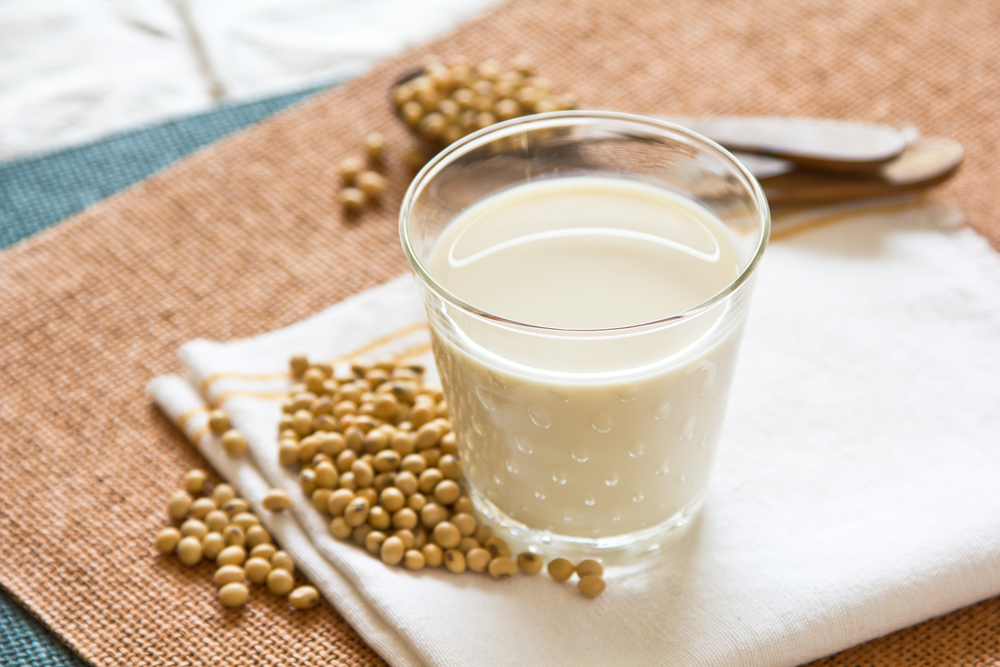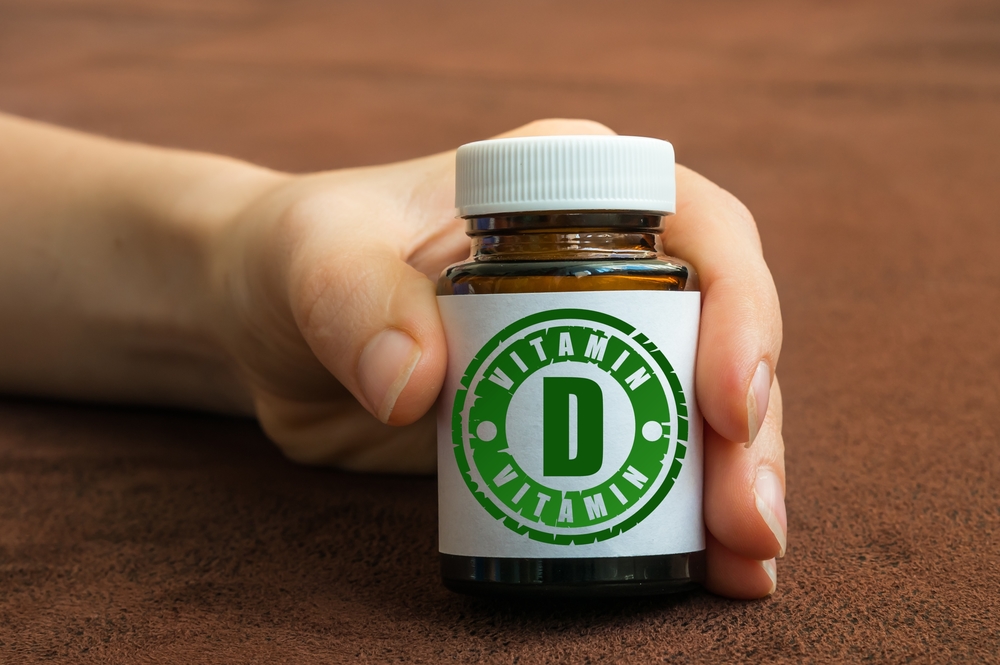Do soy products increase breast cancer risk?
 Soy products are nutritious, healthy, and low fat. The enriched soy isoflavones in the soymilk have beauty-promoting and anti-aging benefits, so it is widely loved by women.
Soy products are nutritious, healthy, and low fat. The enriched soy isoflavones in the soymilk have beauty-promoting and anti-aging benefits, so it is widely loved by women.
However, many people are misled by a myth that the long-term consumption of soy products can increase the risk of breast cancer because phytoestrogens, the so-called soy isoflavones that cannot be completely absorbed will increase the levels of estrogen to promote breast hyperplasia. High estrogen levels, a sign of breast cancer, usually frighten a number of women.
Do soy products increase the risk of getting breast cancer? The answer to this is a confirmed No.
Eating soy products does not cause overhigh estrogen levels
Human estrogen has a protective function for women’s body growth and development and many diseases. However, too much estrogen in the body will increase the risk of developing breast cancer, breast hyperplasia, endometrial cancer, uterine fibroids, and other diseases. This is why many people have concerns about soy products. In fact, soy isoflavone is not true estrogen and its activity is 100-1000 times lower than that of estrogen, despite a similar chemical structure between them.
It is worth to mention that soy isoflavones serve as a bidirectional regulator to balance human estrogen levels in the body. When human estrogen is insufficient, soy isoflavones can gap the deficiency, and otherwise, soy isoflavones will compete for estrogen receptors to reduce the whole activity of estrogen. Therefore, the consumption of soy products will not lead to excess estrogen. Soy products are safe to eat for both men who don’t need to worry about being feminized and women who don’t need to concern about developing breast cancer.
Soy products can reduce breast cancer risk
Studies have shown that eating soy products play a positive role in preventing breast cancer and reducing the death and recurrence of breast cancer patients.
A research involving 70,000 Chinese women found that women who consumed more soy products from adolescence have a 40% lower risk of developing breast cancer before menopause, compared to those who eat less. The study was published in the American Journal of Clinical Nutrition in 2009.
In 2012, the journal published a Sino-US collaborative study. The researchers conducted an averaged 7.4 years of follow-up on a total of 9514 Chinese and American breast cancer patients. They found that those who consumed the most soy products had a 30% lower risk of recurrence and death of breast cancer, compared to those with the lowest intake.
Additionally, some studies also showed that soy products are also good for osteoporosis, heart diseases and some other cancers.


